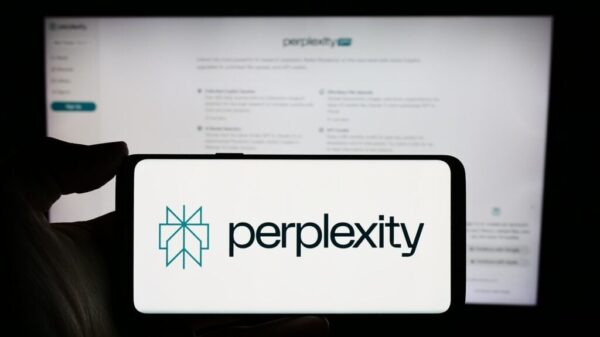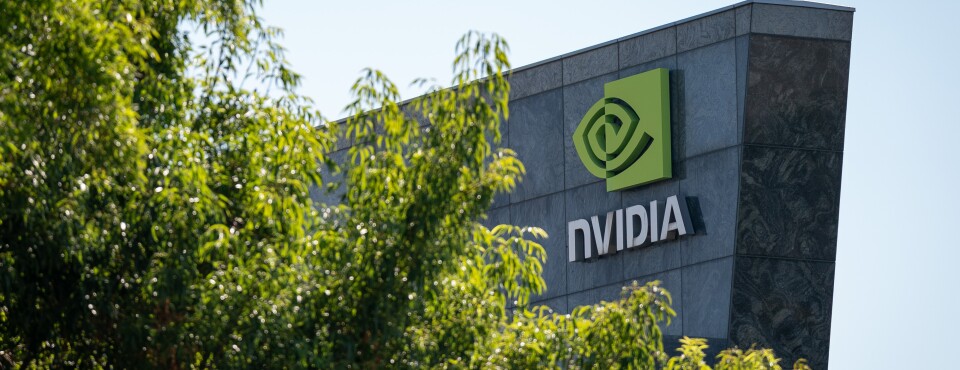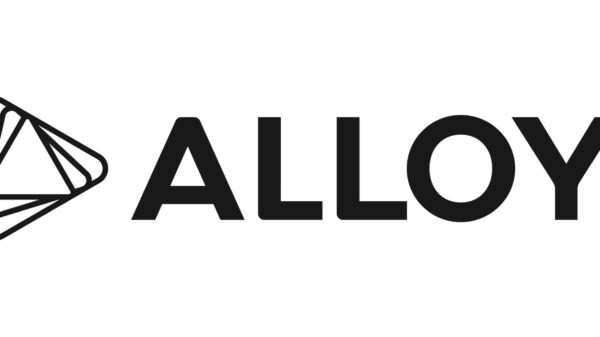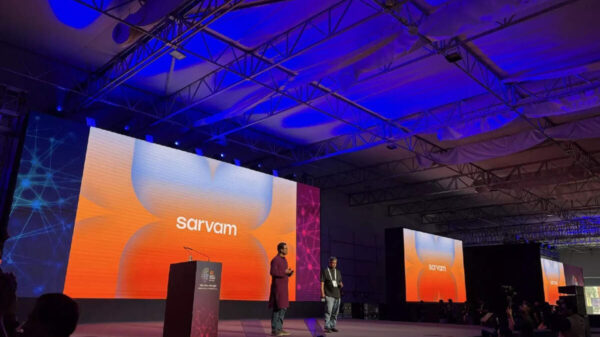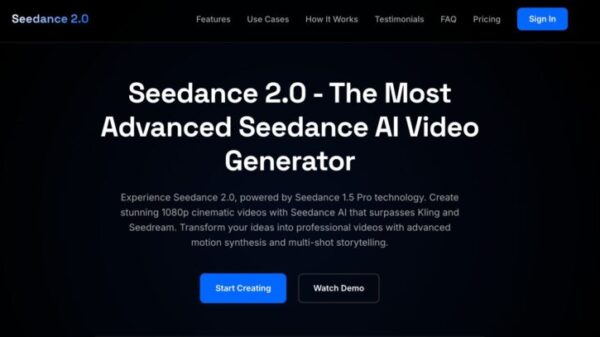Nvidia Corp. is facing a lawsuit from Avian Data Inc., which alleges that the semiconductor giant gained unauthorized access to its proprietary AI algorithm, leading to a substantial devaluation of the software, estimated at $1.5 billion. The complaint, filed on Monday in New York state court, contends that Nvidia misled Avian into believing it would acquire the company, allowing the tech firm to use Avian’s cutting-edge algorithm under a non-disclosure agreement.
According to Avian’s allegations, Nvidia integrated its algorithm into the “Blackwell Machine” AI architecture in a bid to counteract a software release by rival DeepSeek. As a result, Nvidia published the modified software that not only created demand for its own hardware but also purportedly obliterated the value of Avian’s proprietary technology.
The legal action raises questions about the ethical responsibilities of major tech firms when dealing with startups and smaller companies that often have groundbreaking technologies. Avian claims that Nvidia’s actions have placed it in a precarious position, undermining its market standing and diminishing its ability to compete in the rapidly evolving AI landscape.
This case unfolds against a backdrop of escalating tensions in the AI sector, where companies are racing to harness advanced algorithms for competitive advantage. Nvidia, renowned for its graphics processing units (GPUs), has increasingly shifted its focus toward AI applications, making partnerships and acquisitions vital for maintaining its market leadership. However, as the allegations suggest, such strategies can lead to contentious situations that may compromise ethical considerations.
In its lawsuit, Avian maintains that Nvidia’s conduct was not only damaging financially but also detrimental to the integrity of innovation within the sector. By allegedly utilizing Avian’s proprietary technology without authorization, Nvidia risks setting a dangerous precedent that may affect how intellectual property is respected and managed in future tech collaborations.
As the lawsuit progresses, it will serve as a crucial test case for the tech industry, particularly regarding the legal boundaries of non-disclosure agreements and the protection of intellectual property. The outcome could influence not only Nvidia and Avian but also other companies navigating similar partnerships and competitive landscapes.
Looking ahead, the resolution of this dispute may prompt a reevaluation of how technology firms engage with smaller innovators. It could also catalyze a broader discussion on regulatory measures designed to protect intellectual property rights in an arena where rapid advancements and fierce competition are the norms. As the case unfolds, it serves as a stark reminder of the complexities inherent in the tech industry’s race for dominance in artificial intelligence.
See also Trump Launches “Genesis Mission” to Accelerate Scientific Discovery with AI-Powered Supercomputing
Trump Launches “Genesis Mission” to Accelerate Scientific Discovery with AI-Powered Supercomputing Small Businesses Embrace Answer Engine Optimization to Thrive in AI Search Era
Small Businesses Embrace Answer Engine Optimization to Thrive in AI Search Era Trump Launches Genesis Mission Executive Order to Accelerate AI-Driven Scientific Breakthroughs
Trump Launches Genesis Mission Executive Order to Accelerate AI-Driven Scientific Breakthroughs Carney Advocates Carbon-Neutral AI Data Centers, Champions EU Carbon Pricing at G20 Summit
Carney Advocates Carbon-Neutral AI Data Centers, Champions EU Carbon Pricing at G20 Summit Microsoft’s Agentic AI Launch Achieves 10x ROI with 99% Payroll Audit Efficiency
Microsoft’s Agentic AI Launch Achieves 10x ROI with 99% Payroll Audit Efficiency









